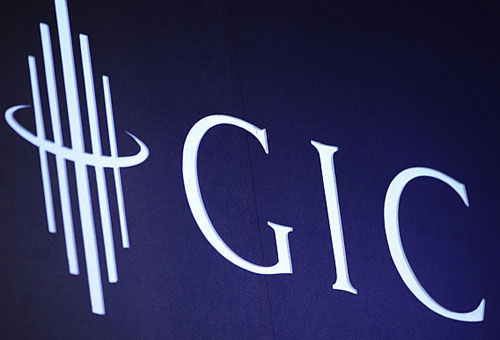|
Singaporean funds pour more money into
attractive Vietnamese businesses
While the year 2013 witnessed the
“landing” of many investors from

FPT,
GIC, managing the investment portfolio worth $100
billion, is an institution under the management of the Singaporean
government. Meanwhile, Cashew Investments is a branch of Temasek Holdings, an
investment corporation of the government.
The stake transfer deals, worth of millions of dollars,
were only recently revealed to the public, when FPT released its annual
report, disclosing its 10 largest shareholders.
In March, GIC and The Asian Entrepreneur Legacy (TAEL)
Partners spent VND300 billion to buy 10 million shares of PAN, an agriculture
and food company. According to PAN’s CEO, Michael Louis Rosen, the
Singaporean government has a strong interest in the agriculture and food
sector.
TAEL, headquartered in
TAEL not only poured money into PAN, but also became a
big shareholder of Vinasun
UOB, a Singaporean bank, got the go-ahead from the
State Bank of
Under current regulations, foreign strategic
shareholders can hold only up to 20 percent of the chartered capital of one
Vietnamese bank. However, an exception may be made in the case of GP Bank,
pending approval by the Prime Minister.
Alan Phan, a prominent analyst, has said that there is
currently a significant cash flow from
A senior executive of a securities company said
Michael Rosen from PAN also said that
“
Chair of the Vietnam Securities Commission Vu Bang
believes that the foreign investment wave will strengthen this year, as the
national economy bounces back after bottoming out.
VNE
|
Thứ Tư, 23 tháng 4, 2014
Đăng ký:
Đăng Nhận xét (Atom)
Không có nhận xét nào:
Đăng nhận xét